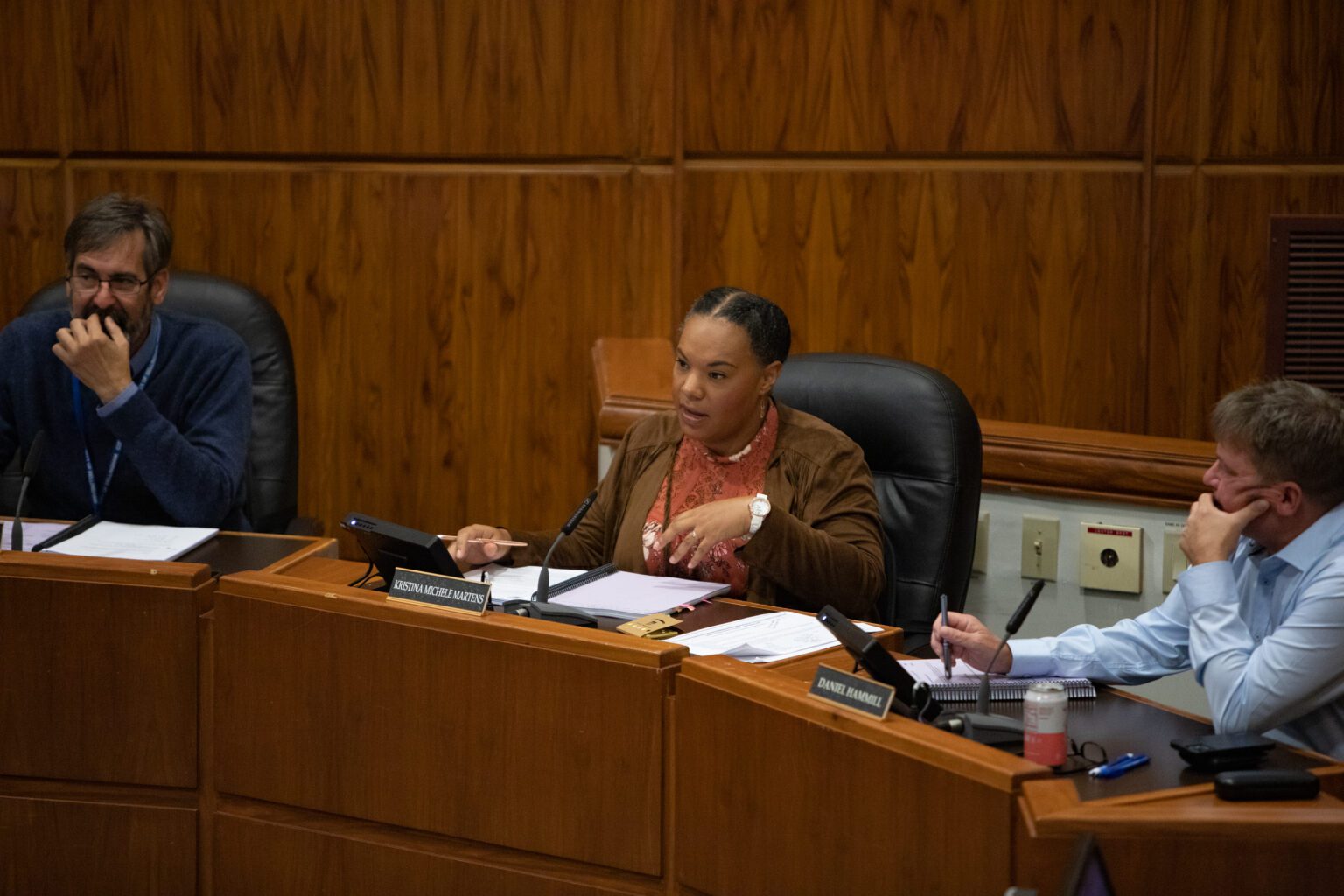Rising homelessness, an inadequate supply of affordable housing and a brutal rental market in Bellingham prompted city leaders on Monday, July 24 to declare a public health crisis.
The resolution, introduced four weeks earlier by council member Kristina Michele Martens, specifically mentions “housing affordability and homelessness” as the cause of the crisis, citing statistical and anecdotal evidence.
Renters reside in about 59% of homes in Bellingham, per the U.S. census, and 58% of those tenants report being cost burdened, according to the federal definition of the term: They spend more than 30% of their income on housing costs. Even worse, 22% of Bellingham renters report being severely cost burdened, spending a majority of their income on housing.
Martens initially called for an eviction moratorium in her resolution.
“We have to stop the hemorrhaging of people just flooding the streets,” Martens told Cascadia Daily News on June 26. “We’re about to have an impending crush of people who can’t afford [rent].”
City attorneys removed the moratorium from the version of the resolution the council passed on Monday.
“This policy proposal raises significant legal questions and, if adopted, could lead to litigation against the city,” deputy city attorney James Erb wrote to the council in a memo.
Instead, the resolution says city officials are committed to partnering with other governments, nonprofits and community members “to identify and implement policy solutions to address this crisis, including … additional protections for tenants.”
Council members recognized what they were approving Monday was only a “value statement.”
“We have been using … the term ‘crisis’ for housing for a long time,” council member Michael Lilliquist said. “In a certain sense, this resolution just formalizes what we’ve already been saying.”
“Statements are worth the paper they’re written on,” Lilliquist added. “I would like us to then come back and back it up.”
Council and the city Planning and Community Development Department have been discussing a handful of tenant protections that council may adopt in the coming months. These include limits on the “first-last-deposit” fees landlords charge at move-in, and fines for those whose properties violate city health and safety standards.
Some council members expressed a willingness to expand the planning department and beef up code enforcement.
“We’re really asking you to step up and do a lot more,” council member Lisa Anderson said, adding that she will push for new money in the city budget to add staff. “This is such a critical issue, and it’s not going to get better.”
This story was updated at 9:18 a.m. on July 28, 2023 to restore a link to a city document that had been broken, and to add a new link to the final resolution declaring the public health crisis.




